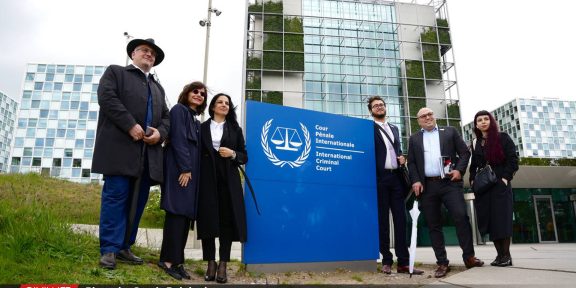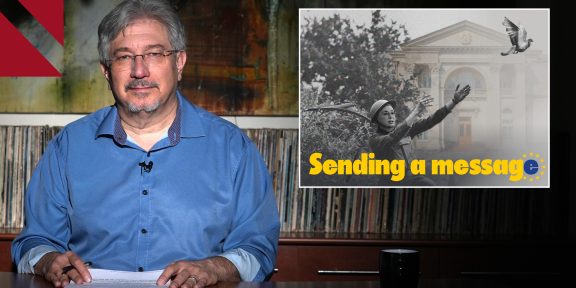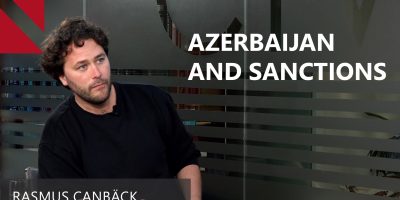Benyamin Poghosyan, CivilNet’s host of the “Crossroad” project, discusses Nagorno Karabakh conflict settlement with Thomas de Waal, senior fellow at Carnegie Europe, specializing in Eastern Europe and the Caucasus region.
Topics discussed:
Russia has interests in both sides of the conflict and wants to cultivate good relations both with Azerbaijan and Armenia. In this context Nagorno Karabakh conflict is different from other post-soviet space conflicts such as Abkhazia, South Ossetia, Transnistria or Eastern Ukraine. Russia wants to open up communications towards the Middle East via the South Caucasus, to maintain its military base in Armenia while trying to establish military presence in Azerbaijan too. The Russian long time efforts to deploy peacekeepers in the Nagorno Karabakh conflict zone is elaborated. However, despite the economic stagnation and looming crisis due to the COVID-19 pandemic and the collapse of oil price, there is little if any evidence to argue that Azerbaijan may agree to any plan of Russian military presence in the conflict zone.
The US has been pursuing a policy of Russia containment in the post-soviet space since the 2014 Ukraine crisis. However, the US and Russia cooperate in Karabakh conflict settlement through the OSCE Minsk group and this cooperation may continue in the foreseeable future. In any case, neither the US nor France will easily accept the deployment of Russian armed forces in the conflict zone as it contradicts their strategic interests in the South Caucasus.
Iran is satisfied with the current status quo but is distracted by other urgent problems such as US sanctions, COVID-19, oil prices, conflict in Syria and keeping afloat its regional proxies in Iraq, Lebanon, and Yemen. Thus, Tehran may not have necessary resources to actively influence geopolitical developments in the region.
Turkey, another regional player, will agree to any solution accepted by Azerbaijan. Turkey ultimately will agree to opening borders and establishing diplomatic relations with Armenia if Azerbaijan’s opposition to that is overcome.
Thomas de Waal notes that oftentimes experts exaggerate the geopolitical component in the Nagorno Karabakh settlement. Geopolitics plays a role here, but key driving forces are local actors and their sovereign decisions are crucial for any future possible compromise.
CivilNet thanks the Friedrich-Ebert-Stiftung (FES) for their cooperation and support.















